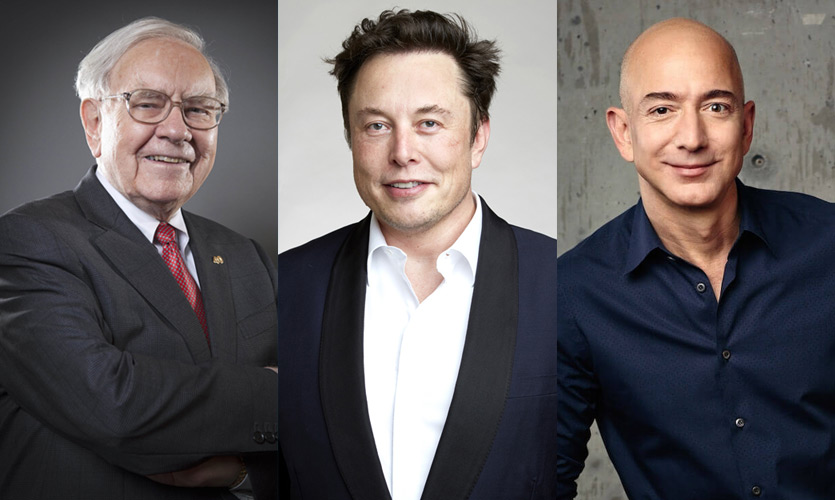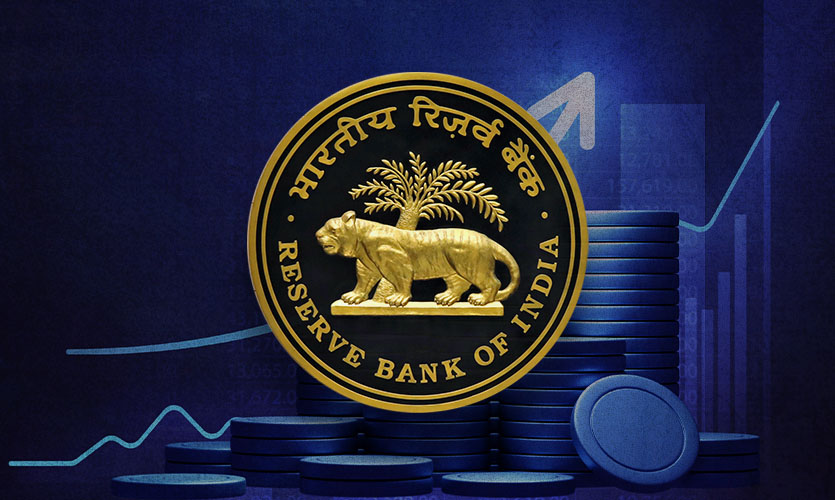The report by New York-based journalism nonprofit ProPublica, based on Internal Revenue Service tax data, reveals that the 25 richest Americans including Jeff Bezos, Michael Bloomberg, and Elon Musk, paid comparatively little and often nothing in federal income taxes between 2014 and 2018.
According to Forbes, the nation’s richest executives paid only a fraction of their wealth in taxes – $13.6 billion in federal income taxes – during a period when their aggregate net worth climbed by $401 billion.
The documents reveal the stark inequity in the American tax system, as plutocrats such as Bezos, Bloomberg, Musk, Warren Buffett and George Soros were able to benefit from a complex web of loopholes in the tax code, as well as the fact that the US places a premium on taxing labour income rather than wealth.
Much of the wealth amassed by the wealthy, such as shares in firms they own, vacation homes, yachts, and other investments, is not deemed “taxable income” unless the assets are sold, and a profit is generated. Even so, there exist loopholes that can restrict or eliminate any tax burden.
Officials from the Biden administration stated, on Tuesday, that federal authorities were looking into the leaking of private tax information, which may be considered a criminal violation.
“Any unauthorized disclosure of confidential information by a person with access is illegal,” said Jen Psaki, the White House press secretary, at a briefing. “We take this very seriously,” added Psaki.
The rare glimpse into the strategies of the country’s top billionaires comes as President Biden attempts to alter the tax law so that companies and the wealthy pay more. Biden has recommended hiking the highest marginal income tax rate from 37 percent to 39.6 percent, reversing the drop ushered in by former president Donald J. Trump’s 2017 tax cuts.
The documents and the analysis’ results may rekindle demands for Biden to adopt a wealth tax, given that a higher marginal tax rate would do nothing to increase the tax bills of the top 25 Americans. From 2014 to 2018, the 25 wealthiest Americans paid an average of 15.8 percent in personal federal income taxes.
ProPublica did not reveal how it obtained the information. The publication, however, stated that the records were handed to it “in raw form, with no restrictions or conclusions,” and that it has run the material by every executive whose information was included in the article.
“Every person whose tax information is described in this story was asked to comment,” said ProPublica, adding that those who responded, “all said they had paid the taxes they owed.”
In a separate article, the outlet said it was publishing the information “quite selectively and carefully because we believe it serves the public interest in fundamental ways, allowing readers to see patterns that were until now hidden.”
The report focuses on the strategies that the rich frequently employ to cut their tax costs, such as taking advantage of a complex network of legal loopholes and deductions that may considerably lower tax liabilities. This includes borrowing large quantities of money backed by massive stock holdings. Loans are not taxed, and the interest that CEOs pay on borrowed funds is frequently subtracted from their tax bills.
Bezos, Amazon’s CEO, paid no federal income taxes in 2007, even though his company’s stock price had more than doubled. According to ProPublica, four years later, when his fortune grew to $18 billion, Bezos declared losses and earned a $4,000 tax credit for his children. An Amazon spokeswoman did not reply to a request for comment.
Buffett, the CEO of Berkshire Hathaway, has long stated openly that the tax law should penalise the wealthy harder, paying only $23.7 million in taxes between 2014 and 2018, despite his fortune increasing by $24.3 billion.
Buffett indicated in a statement to ProPublica that he intended 99.5 percent of his fortune to go to taxes and charity following his death, adding, “I continue to believe that the tax code should be changed substantially.”
According to the study, Soros, a billionaire philanthropist and investor, paid no federal income tax for three years in a row. Soros’ spokesperson told ProPublica that “between 2016 and 2018 George Soros lost money on his investments, therefore he did not owe federal income taxes in those years.”
Bloomberg, who owns the media conglomerate Bloomberg L.P., declared $1.9 billion in income in 2018 and paid $70.7 million in taxes. Bloomberg was able to decrease his tax burden through deductions, charity gifts, and “credits for having paid overseas taxes,” according to the study.
In a response to ProPublica, a spokesman for Bloomberg stated that they would “use all legal means at our [their] disposal to determine which individual or government entity leaked these and ensure that they are held responsible.”
According to the treasury department, the federal government is investigating how the tax documents were made public. Some Republicans downplayed the premise that the rich do not pay enough taxes, instead of using the disclosures to cast doubt on the Internal Revenue Service’s credibility.
Read more about how the G7 global tax will impact India.
Senator Patrick J. Toomey, a Republican from Pennsylvania, said on Tuesday that while it was troubling that some of the wealthiest Americans did not pay income taxes, he believed top earners paid their fair amount overall. He cited data showing that the top 10% of American earnings receive around half of all money produced in America and pay 70% of all income taxes.
“There’s this mythology that high-income people don’t pay any taxes,” Toomey said on a telephone town hall. “Are there individual exceptions? I’m sure there are. We should see if there are loopholes that are perpetuating that, but we have a very, very progressive tax code.”
Senator Mike Crapo of Idaho, the committee’s senior Republican, said the revelations heightened his concerns about a Biden administration proposal to allow the IRS more access to taxpayers’ financial information. He implied that the agency could not be relied on to keep the data safe.










